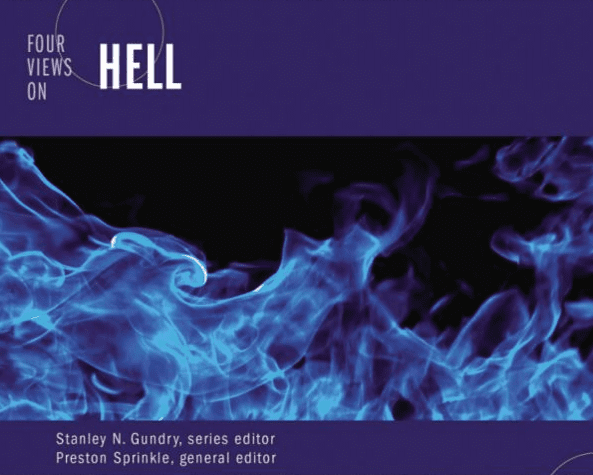The traditional view of the church, which is not to say that everyone has always believed this everywhere but that this has been the historic view in standard theologies, is that the wicked will be endlessly punished (often called, eternal conscious torment/punishment, hence ECT or ECP). That view has now and then had its detractors and critics, but in the last quarter of the 20th Century and now into the 21st Century that view has been criticized more and more. Well known evangelicals, like John Stott, either quietly said little or at some point finally openly admitted they could not embrace ECT.
ECT has been held, so it seems to me, not simply because it is historic though we are all aware that many simply never re-examine their roots, but because they think the Bible’s use of the word “eternal” clinches the case. I have argued for a number of years that the word “eternal” is not the proof some think it is. What needs to be proven is “consciousness” just as much as “eternal.” One can believe in eternal if one thinks the consequences are eternal and irreversible; but ECT/ECP requires “consciousness” to be justified. There is a glaring lack of arguments by proponents of ECT for eternal “consciousness.” Again, the word “eternal” does not prove ECT/ECP.
The major alternative today is conditionalism, or annihilationism. This is the view that the wicked will be raised to face judgment and then sentenced to eternal death but that death extinguishes them — consciousness and all. The arguments and some of the most decisive studies are now all collected in C.M. Date, GG. Stump, and J.W. Anderson, Rethinking Hell. I include the chart/graph again today at the bottom of the post.
If “eternal” is one of the favorite arguments for those who believe in ECT, “destruction” seems to be the favorite argument for conditionalists. So here goes, this as summarized by Glenn Peoples in his essay in the above-mentioned book.
Does it make sense, one is surely right to ask, to speak of something being destroyed on and on forever and ever? Wouldn’t it be destroyed or done or not yet destroyed?
The NT describes most often the final state of the wicked as destruction not as ongoing punishment. Is “destruction” then the same as “eternal consciousness” in punishment?
Here are a couple examples of the term apollumi being used:
Matt. 10:28 Do not be afraid of those who kill the body but cannot kill the soul. Rather, be afraid of the One who can destroy both soul and body in hell.
Matt. 10:39 Whoever finds their life will lose it, and whoever loses their life for my sake will find it.
Matt. 12:14 But the Pharisees went out and plotted how they might kill Jesus.
Matt. 18:14 In the same way your Father in heaven is not willing that any of these little ones should perish.
Rom. 6:23 For the wages of sin is death, but the gift of God is eternal life in Christ Jesus our Lord.
2Th. 1:9 They will be punished with everlasting destruction and shut out from the presence of the Lord and from the glory of his might
2Pet. 2:6 if he condemned the cities of Sodom and Gomorrah by burning them to ashes, and made them an example of what is going to happen to the ungodly…
Peoples rests his case by saying conditionalism is evangelical, it is thematic (rather than proof text-ish), it is perspicuous — clear, and it is cumulative.












